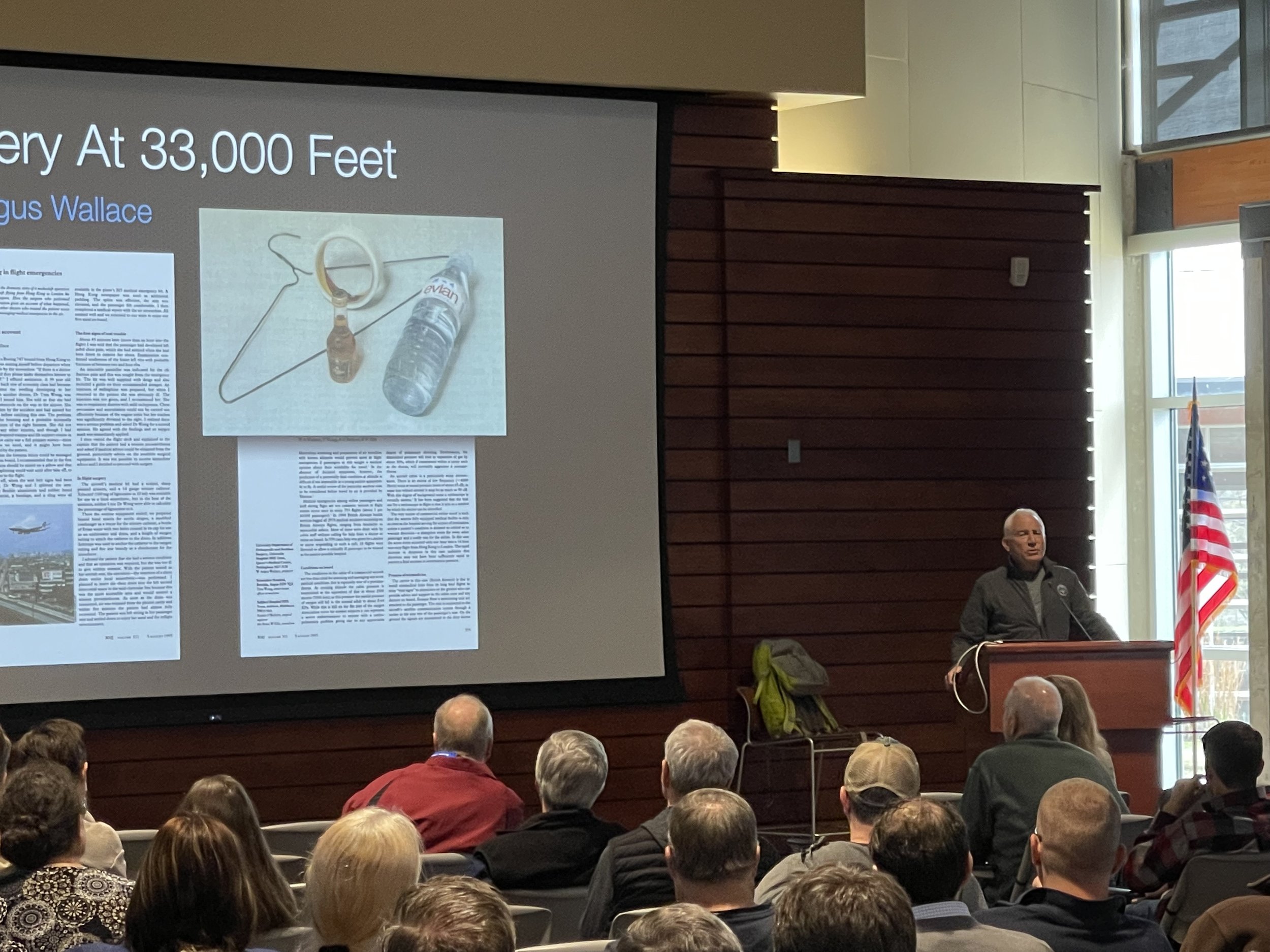U.S. General William Crawford Gorgas was a prominent military officer and physician who made significant contributions to public health and medicine in the late 19th and early 20th centuries.
Gorgas was born in Alabama in 1854 and graduated from the University of the South with a degree in engineering. He later attended the University of Pennsylvania School of Medicine, where he received his medical degree in 1880.
After completing his medical training, Gorgas joined the U.S. Army Medical Corps and was assigned to various posts around the world. He served in a number of capacities, including as the chief sanitary officer for the Department of the Gulf and as the chief surgeon for the Department of Texas.
Gorgas is best known for his work in controlling and preventing the spread of infectious diseases, particularly yellow fever and malaria. He led a number of successful campaigns to eradicate these diseases in various parts of the world, including Cuba, the Panama Canal Zone, and the Philippines.
Gorgas's work had a profound impact on public health and medicine, and he is credited with saving countless lives through his efforts to control the spread of infectious diseases. He was recognized for his contributions to the field with numerous awards and honors, including the Nobel Prize in Physiology or Medicine in 1929.



